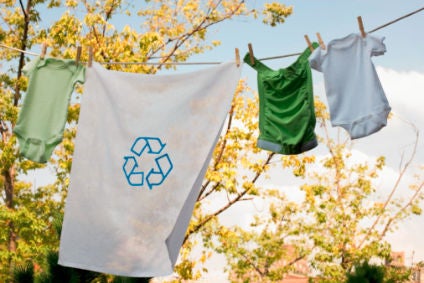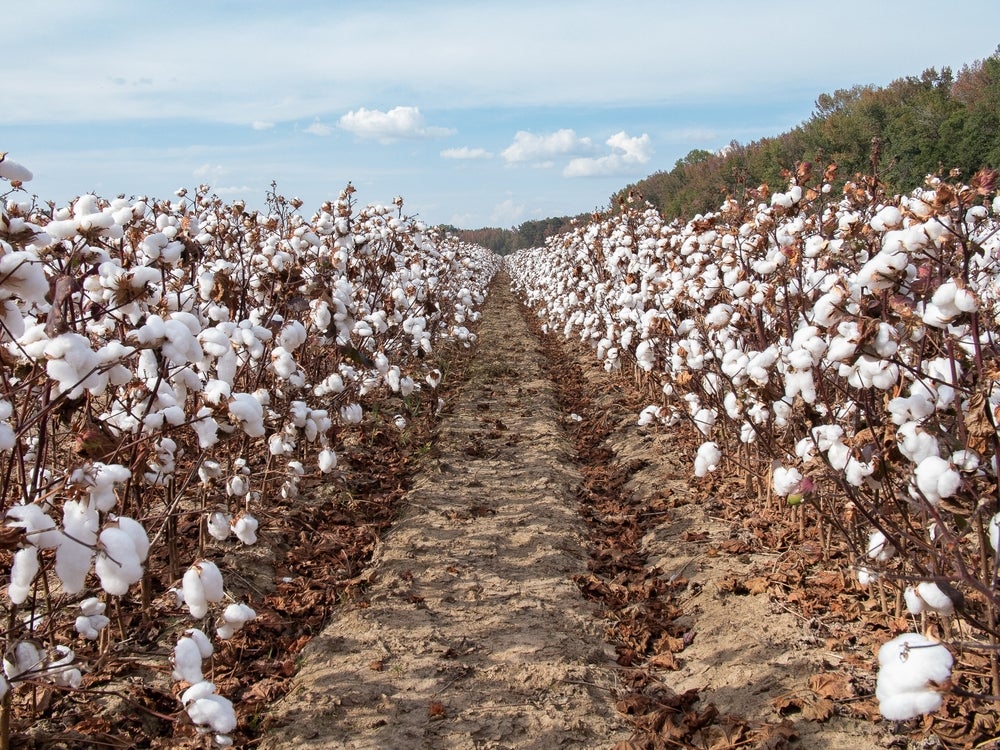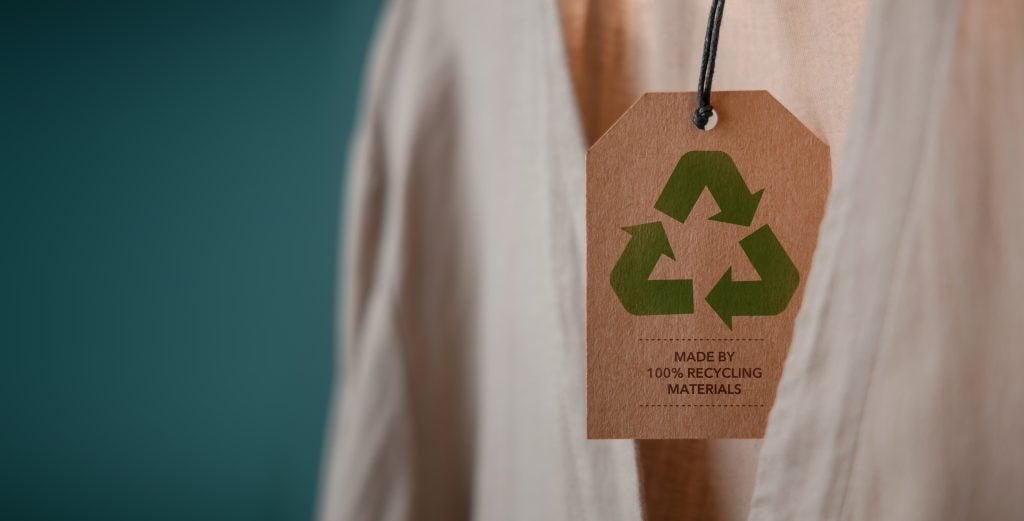
Five leading UK online fast fashion retailers including ASOS and Boohoo are to be questioned by British lawmakers later this month in the last of a series of hearings focusing on the environmental impacts of the garment industry, as well as social issues such as workers’ rights and fair pay.
The Environmental Audit Committee held its first evidence hearing into the ‘Sustainability of the Fashion Industry’ on 30 October, with panellists including the director of the Textile Recycling Association, three leading academics, two campaigners and an investigative journalist.
A second hearing was held yesterday (13 November) at the Victoria and Albert Museum in London as part of UK Parliament Week 2018, where members of the public are invited to attend. This session explored issues highlighted in the V&A’s Fashioned from Nature exhibition and will help inform recommendations that the Committee will make to Government in a major report due to be published next year.
The last session will take place on 27 November and representatives from Asos, Amazon UK, Boohoo/PrettyLittleThing and Missguided have been invited to give evidence.
The Committee has sent letters to each of the brands requesting information on areas including staff wages, the life-cycle of the garments sold, and steps being taken to reduce the environmental and social impact of their businesses.
See Also:
“Our recent evidence hearing raised alarm bells about the fast growing online-only retail sector,” said Mary Creagh MP, Chair of the Environmental Audit Committee. “Low quality GBP5 dresses aimed at young people are said to be made by workers on illegally low wages and are discarded almost instantly, causing mountains of non-recycled waste to pile up.
How well do you really know your competitors?
Access the most comprehensive Company Profiles on the market, powered by GlobalData. Save hours of research. Gain competitive edge.

Thank you!
Your download email will arrive shortly
Not ready to buy yet? Download a free sample
We are confident about the unique quality of our Company Profiles. However, we want you to make the most beneficial decision for your business, so we offer a free sample that you can download by submitting the below form
By GlobalData“We will be calling some of these online retailers in front of the Committee to answer questions, but in the meantime, my letters encourage them to face up to the social and environmental consequences of their business models. We want to know that they are fully compliant with employment law, that garments have a decent life-span, and that profit is not put before environmental damage. I look forward to the responses.”
The hearings come after the British Government in July launched an inquiry to investigate the social and environmental impact of disposable so-called ‘fast fashion’, and the wider implications for the fashion supply chain. At the time it invited submissions and comments on the issue.
The evidence presented by the panellists will contribute to policy recommendations to the government.
Speakers at the first hearing told MPs the UK fashion industry is not environmentally sustainable in current form.
The retail executives have been asked to consider the following questions:
- How do you currently ensure that all the garment workers producing the clothes you sell are paid at least the minimum wage? Do you allow your buyers to order garments from UK suppliers at any price, or do you educate them on the cost of UK labour and material so that they are aware when a price is too cheap to be made without breaking employment law?
- What is the average life-cycle of the garments you sell? What design and testing processes do you undertake to determine the quality of new products?
- What steps are you taking to reduce the environmental and social impact of the products you sell? Do you audit this? How do you measure progress towards reducing the environmental impact of the products you sell?
- What recycled materials, if any, do you use in your products? What could the government do to encourage greater use of recycled materials in clothing production?
- ls your company taking action to reduce the risk of synthetic microfibres being washed into the ocean? lf so, what actions have you taken?
- Are you taking any action to encourage reuse, repair and/or recycling of clothing? What do you recommend your customers do to dispose of your products responsibly?
- Do you incinerate unsold or returned stock?
- Do you use supply chain contracts which provide for rebate payments from manufacturers to your company?







